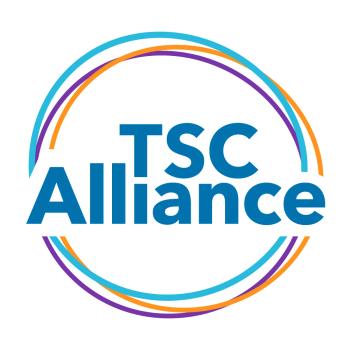
This story highlights a mother’s journey through her daughter Addie's diagnosis of Tuberous Sclerosis Complex (TSC), emphasizing the critical need for early diagnosis, parental advocacy, and the strength of community support.

This story highlights a mother’s journey through her daughter Addie's diagnosis of Tuberous Sclerosis Complex (TSC), emphasizing the critical need for early diagnosis, parental advocacy, and the strength of community support.

The professor of neurology at the University of Alabama at Birmingham Epilepsy Center commented on various topics related to infantile spasms amid Infantile Spasms Awareness Week.
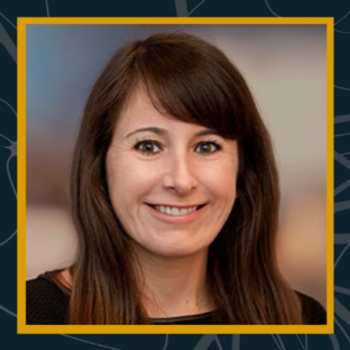
As part of our monthly clinician spotlight, NeurologyLive® highlighted epilepsy expert Stephanie C. Randle, MD, MS, director of the Tuberous Sclerosis Complex Clinic at Seattle Children's Hospital.

Purple Day 2024 allows the TSC Alliance to highlight the importance of epilepsy awareness since tuberous sclerosis complex (TSC) is the leading genetic cause of seizures.
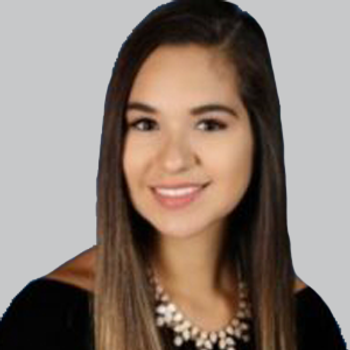
Elizabeth M. Cassidy, MPH, research project manager at the TSC Alliance, provided clarity on a presentation at AES 2023 examining the association between TSC-associated neuropsychiatric disorders and seizure duration.
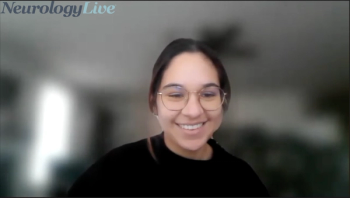
The research project manager at the TSC Alliance provided additional clarity into a new study presented at AES 2023 assessing the links between TSC-associated neuropsychiatric disorders and seizure duration. [WATCH TIME: 4 minutes]
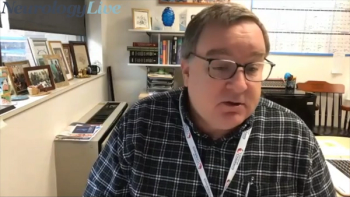
The director of the Tuberous Sclerosis Clinic at Cincinnati Children’s provided insight on whether the timing and combination of certain therapeutics may impact the long-term care for patients with tuberous sclerosis complex. [WATCH TIME: 3 minutes]
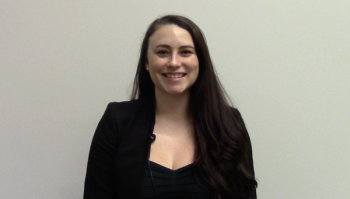
The director of research at the TSC Alliance spoke with us at the 2022 AES Conference about future research to be conducted on patients with TSC such as the PREVeNT trial. [WATCH TIME: 6 minutes]
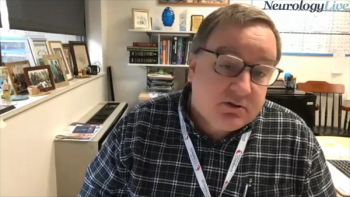
The director of the Tuberous Sclerosis Clinic at Cincinnati Children’s discussed the neurodevelopmental impacts delaying seizures could lead to in tuberous sclerosis complex. [WATCH TIME: 2 minutes]
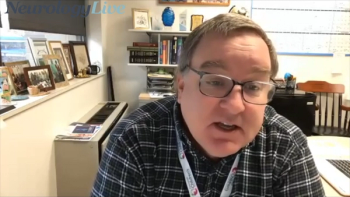
The director of the Tuberous Sclerosis Clinic at Cincinnati Children’s provided background on the idea of TSC Steps, a trial designed to assess whether early intervention with sirolimus could significant impact disease course of tuberous sclerosis complex. [WATCH TIME: 5 minutes]
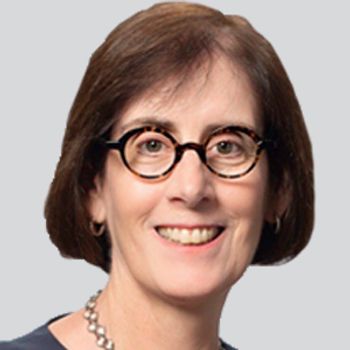
Martina Bebin, MD, MPA, professor of neurology, University of Alabama at Birmingham Epilepsy Center, discussed Infantile Spasms Awareness Week, the strides made within the field, and the emphasis on early and accurate diagnosis.
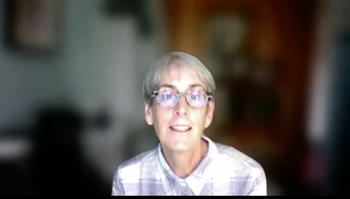
The professor of neurology and pediatrics at the University of Alabama at Birmingham Epilepsy Center provided perspective on the strides made with detection and treatment of infantile spasms. [WATCH TIME: 3 minutes]
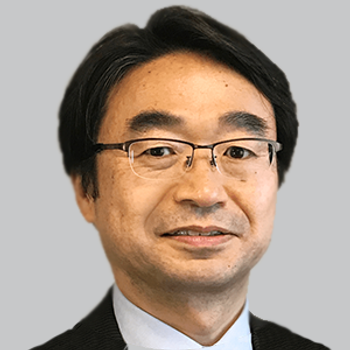
The 0.2% topical gel, branded as Hyftor by Nobelpharma America, was approved in March 2022, and is indicated for individuals aged 6 years and older with TSC. It is the first topical therapy approved for this population.
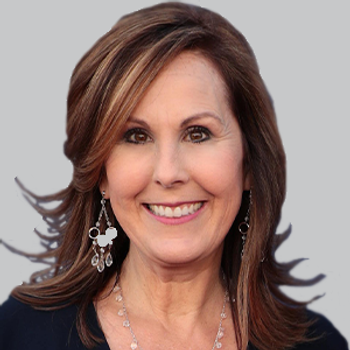
In light of Tuberous Sclerosis Complex (TSC) Awareness Month throughout May, Kari Rosbeck, president and CEO, TSC Alliance, highlights what has been done to advance TSC research and how the organization is improving the diagnosis journey, access to care, and support for families.

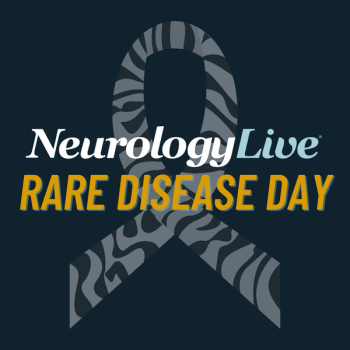
In recognition of Rare Disease Day, the NeurologyLive® team offered an extensive update on the state of care and treatment for a wide range of rare neurological diseases, including Kleine-Levin syndrome, amyotrophic lateral sclerosis, cerebral palsy, Lennox-Gastaut syndrome, and more.
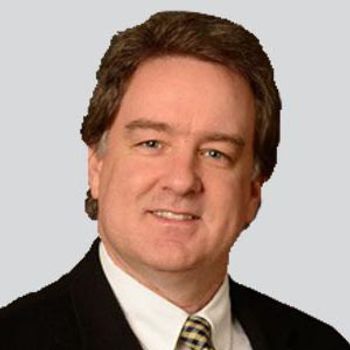
Darcy Krueger, MD, PhD, director, Tuberous Sclerosis Clinic, Cincinnati Children’s, discussed the idea behind swiftly treating tuberous sclerosis at infant stages using targeted therapeutic approaches.
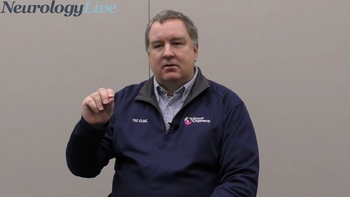
The director of the Tuberous Sclerosis Clinic at Cincinnati Children’s discussed the thought behind STOPS2, a trial aimed at preventing or delaying seizure onset in tuberous sclerosis complex. [WATCH TIME: 3 minutes]

Darcy Krueger, MD, PhD, director, Tuberous Sclerosis Clinic, Cincinnati Children’s, provided insight on a new trial that aims to stop the onset and progression of tuberous sclerosis complex.

The director of the Tuberous Sclerosis Clinic at Cincinnati Children’s provided insight on promising drug developments for tuberous sclerosis complex and other notable priorities within the space.
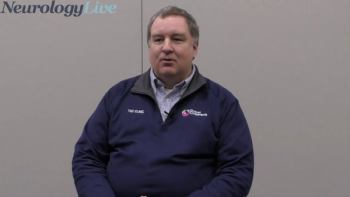
The director of the Tuberous Sclerosis Clinic at Cincinnati Children’s discussed the phase 2 open-label study of ganaxolone in TSC and whether drug development remains the top priority for these patients. [WATCH TIME: 3 minutes]
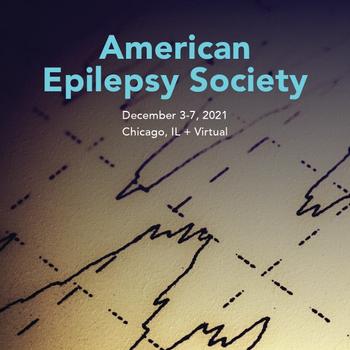
Leaders in the epilepsy space provided their thoughts on the most promising aspects, initial takeaways, and dominating conversations at the 2021 American Epilepsy Society annual meeting.
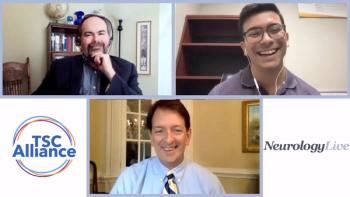
Peter Crino, MD, and Steven Roberds, PhD, join NeurologyLive to discuss several topics regarding the state of care for tuberous sclerosis complex, and the future of and advances in research.
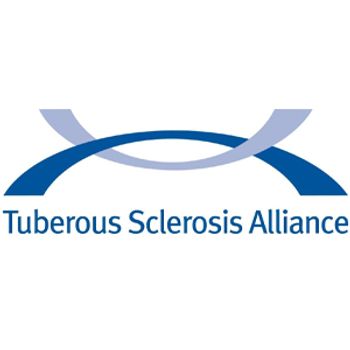
A look into the numerous education series upcoming in 2021 by the Tuberous Sclerosis Alliance
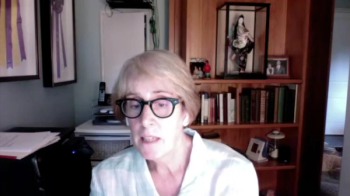
The professor of neurology and pediatrics at the University of Alabama at Birmingham Epilepsy Center provided insight on the importance of treating TSC early, and how far away we are from prevention.

Martina Bebin, MD, professor of neurology and pediatrics at the University of Alabama at Birmingham Epilepsy Center, detailed the importance of cannabidiol for treatment of TSC.
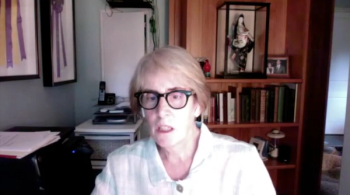
The professor of neurology and pediatrics at University of Alabama at Birmingham Epilepsy Center discussed the FDA approval of epidiolex for patients with tuberous sclerosis complex.

The partnership will combine 2 databases with robust historical data in hopes of empowering both research and physician communities and ultimately improving clinical care for patients with tuberous sclerosis complex.

The Tuberous Sclerosis Alliance (TS Alliance) have prepared an FAQ to address concerns from the tuberous sclerosis complex (TSC) community regarding the COVID-19 outbreak.

The previously approved therapy is now indicated for treatment in pediatric patients age 2 to 10.